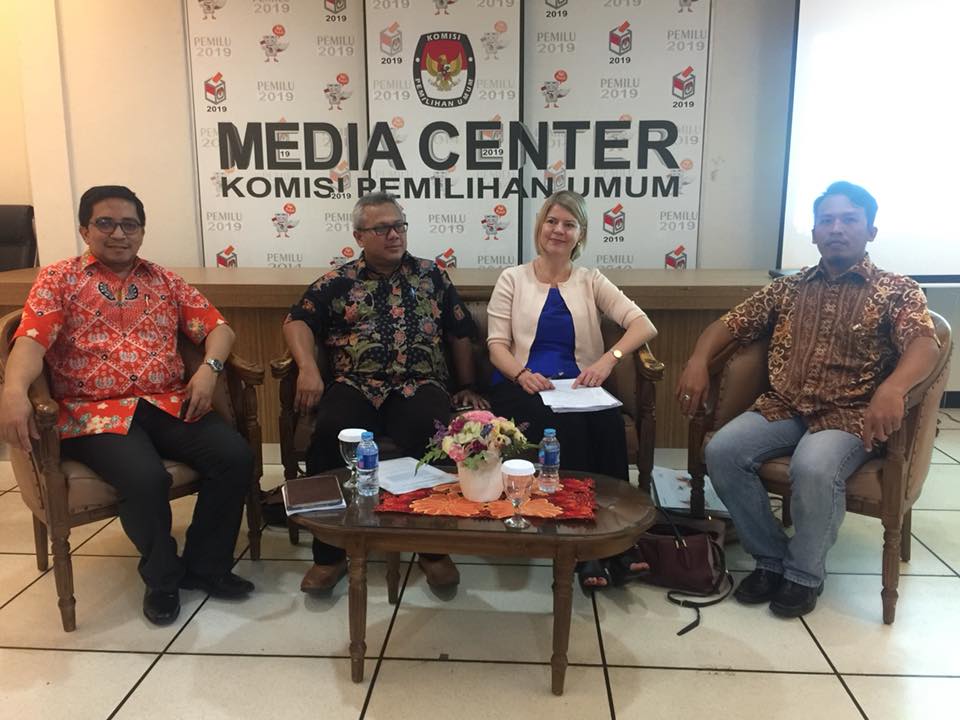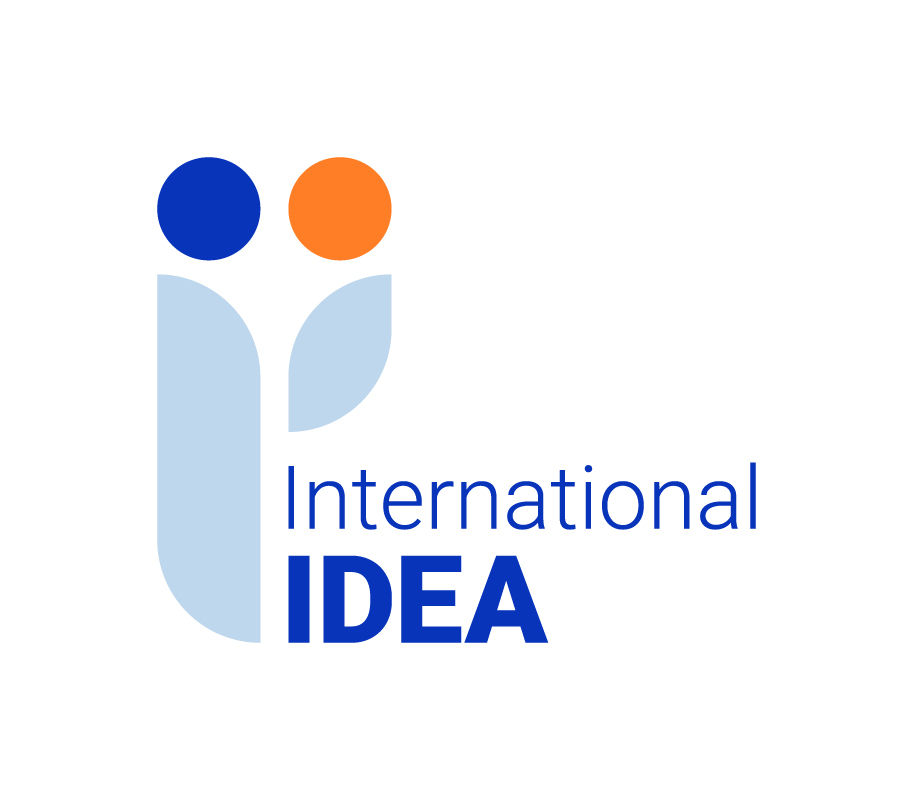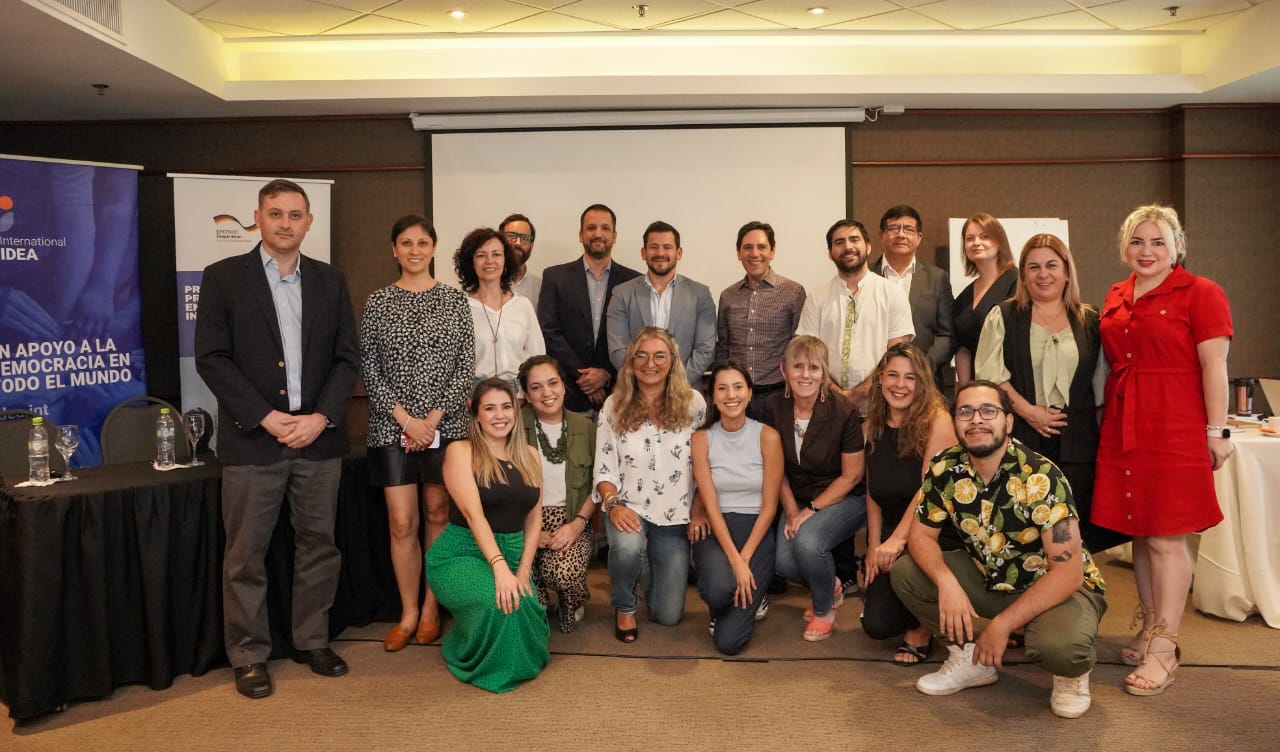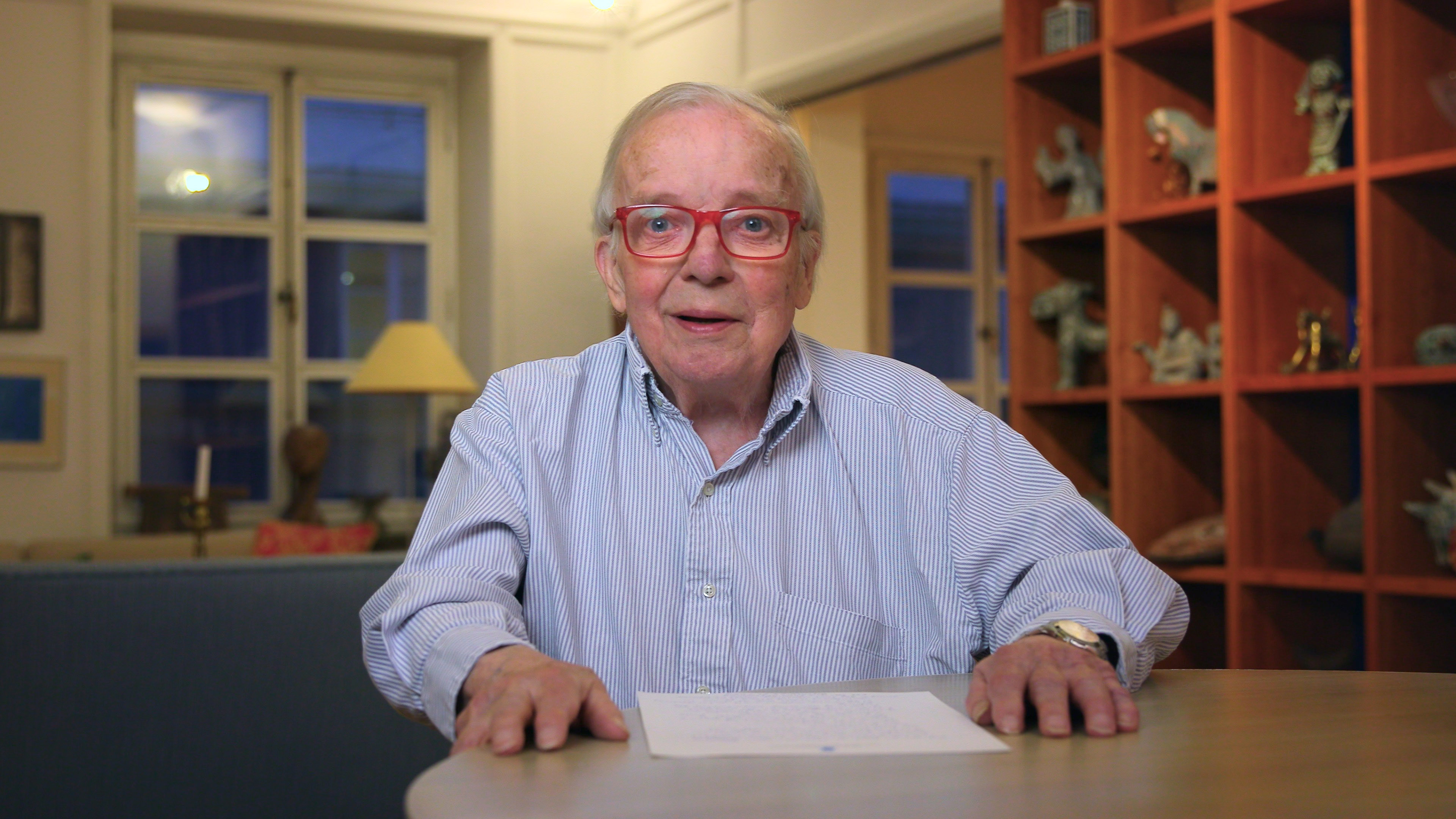
On 9 December, International IDEA discussed the findings of its flagship publication, The Global State of Democracy: Exploring Democracy's Resilience, with the Indonesian media in a panel at the General Elections Commission (KPU) Media Centre in Jakarta.
The publication provoked intriguing questions about the future of democracy in Indonesia, the impact of technology on democracies, and the role of direct democracy in the Indonesian context. As the country approaches two years' of crucial elections—the 2018 elections of important governors and the 2019 Presidential elections—questions of identity and religion are likely to be some of the key themes to arise.
Accompaning the publication, the new Global State of Democracy indices collects data on five key attributes of democracy across 155 countries from 1975 to 2015. Drawing on the indices data profile for Indonesia, International IDEA Regional Director for Asia and the Pacific, Leena Rikkila Tamang, noted that Indonesia has done very well in terms of two key attributes in recent decades: representative government and participatory engagement. She called on actors to "analyze the reasons for this success" and ensure they are continued, not weakened, given the current stangnation of other attributes, such as checks on goverment and impartial administration.
The panel was moderated by Perludem and attended by the Chair of KPU, Arief Budiman and Executive Director of the Center for Strategic and International Studies (CSIS), Philips Vermonte.
The publication was launced at a series of events around the world, including the Bali Civil Society and Media Forum in Jakarta on 5–6 December.


